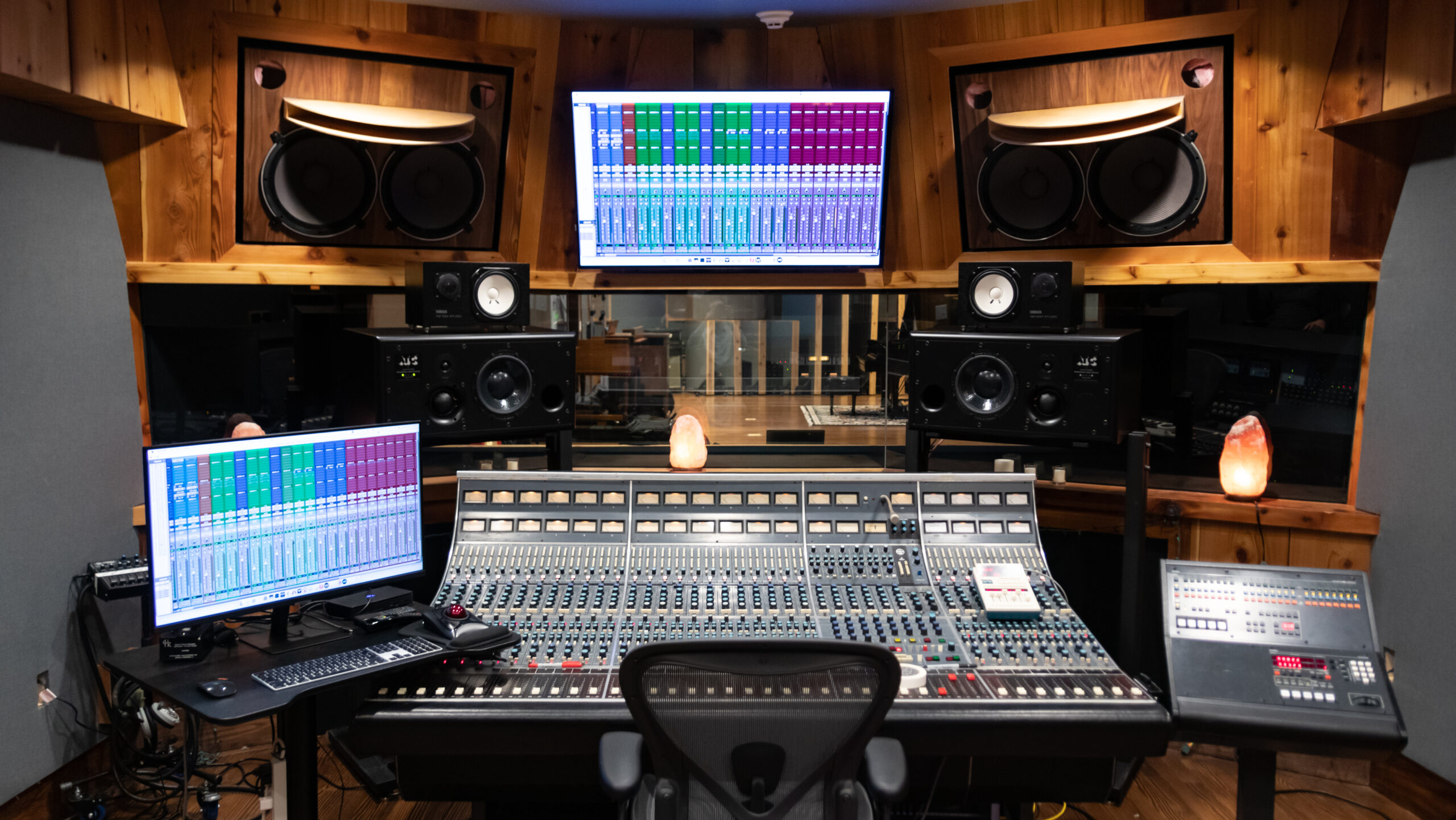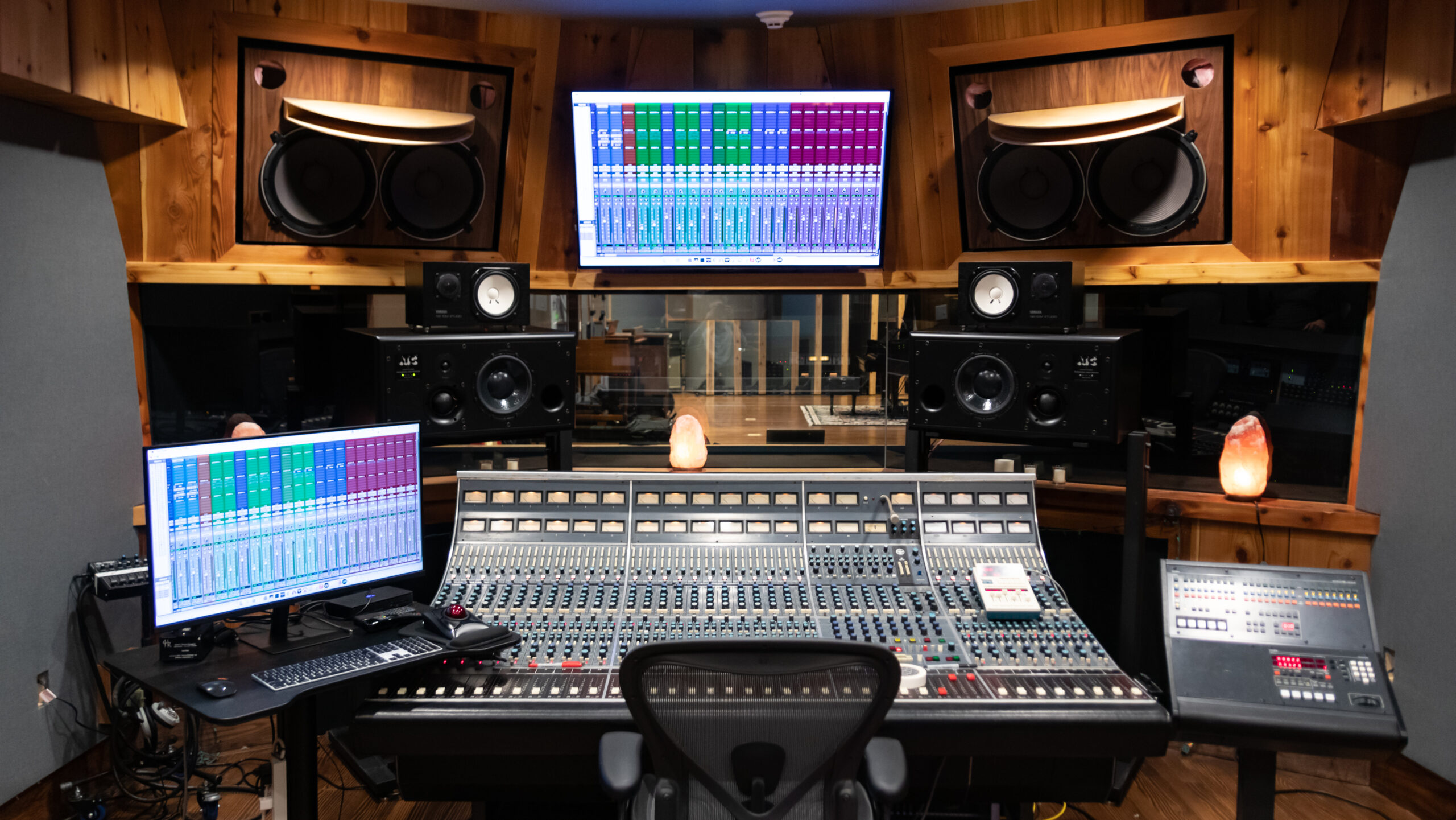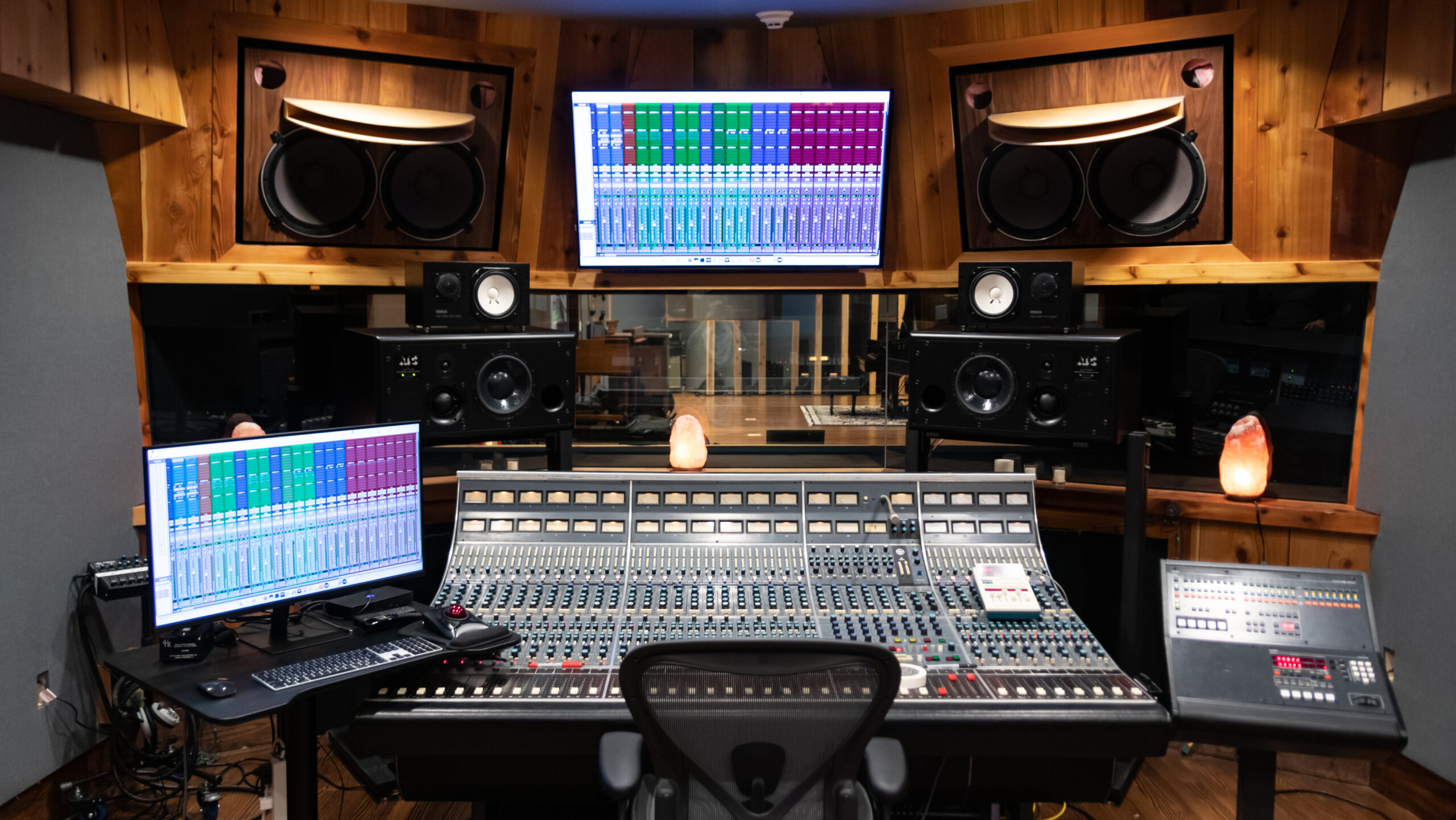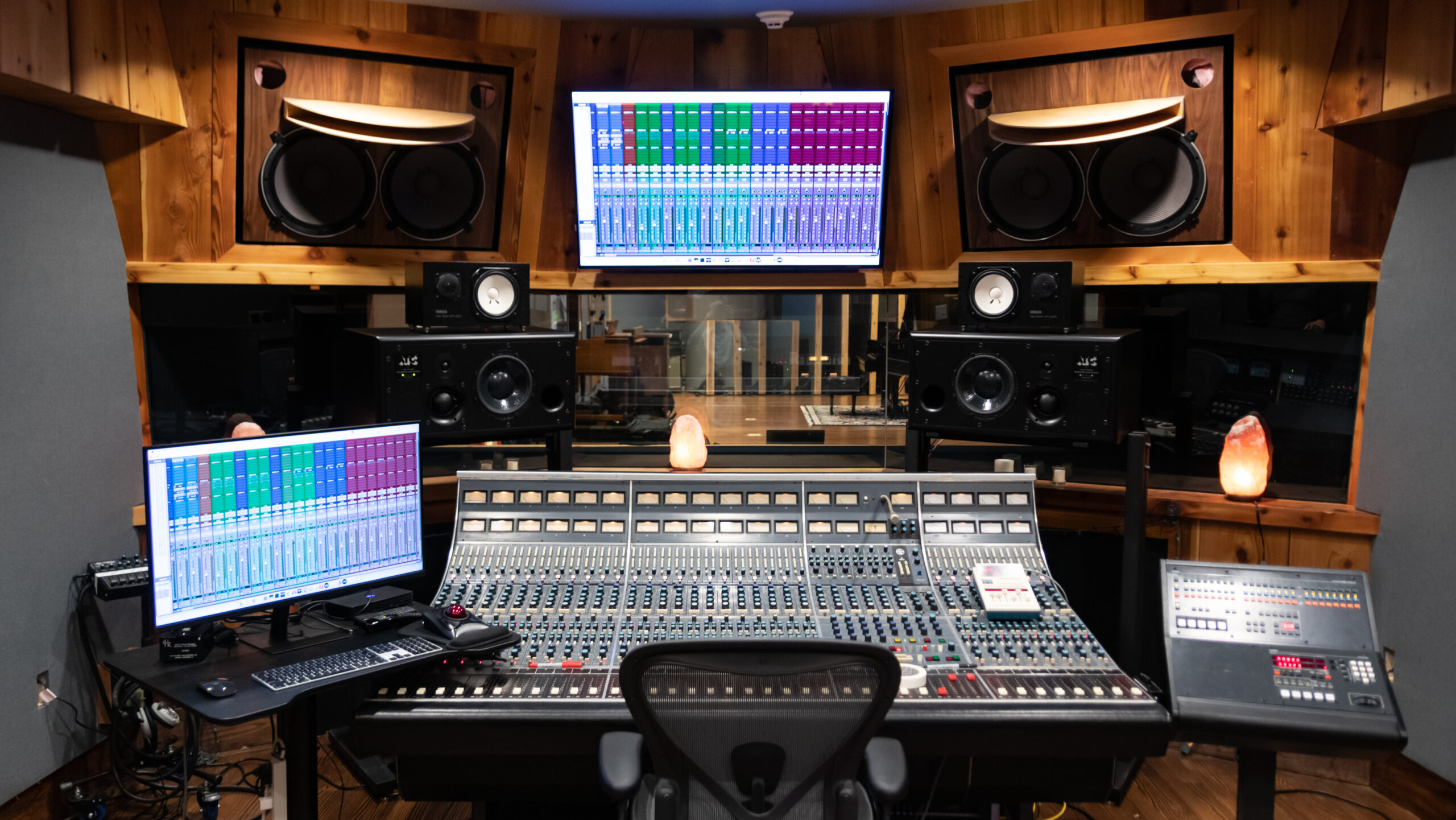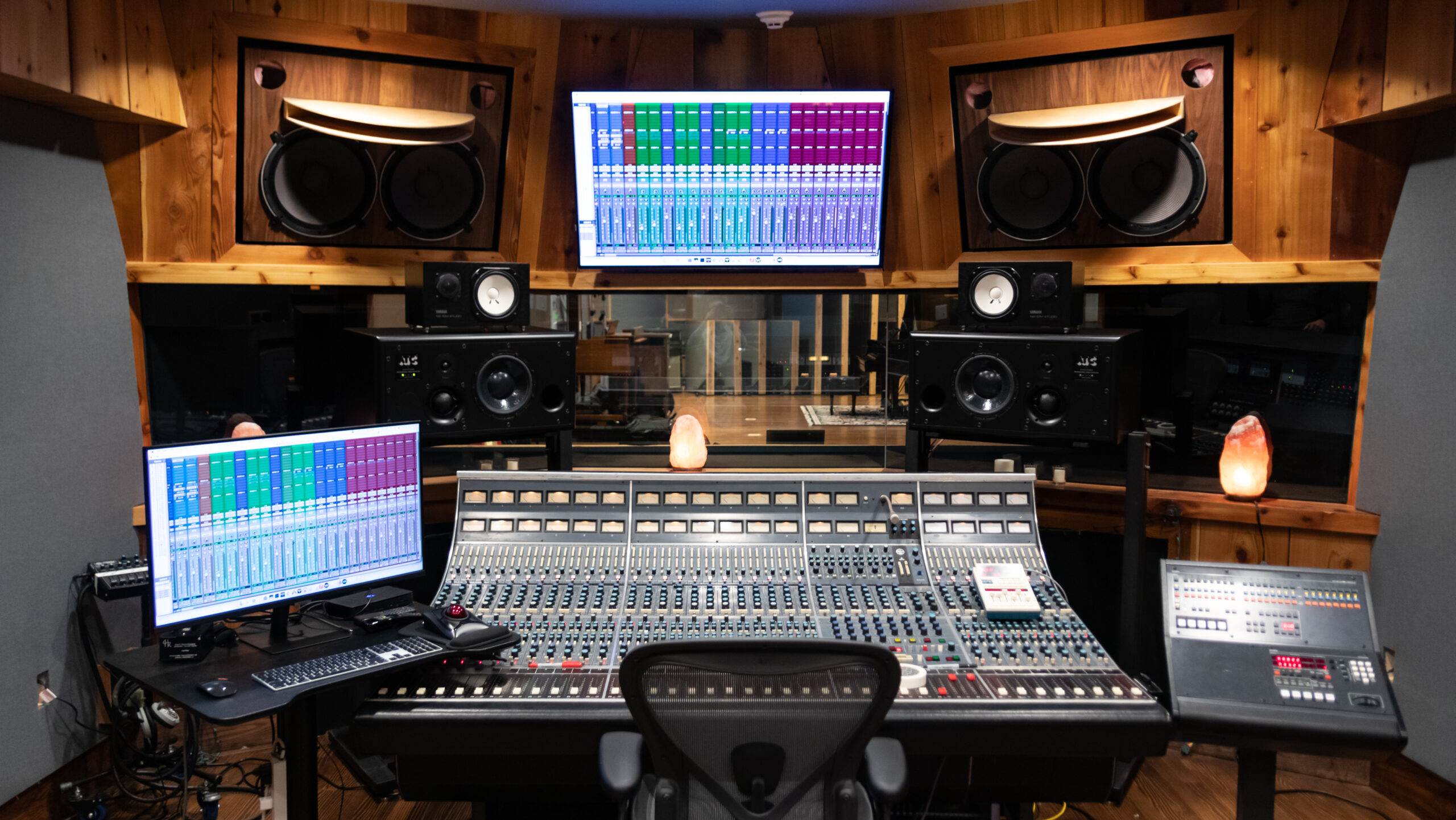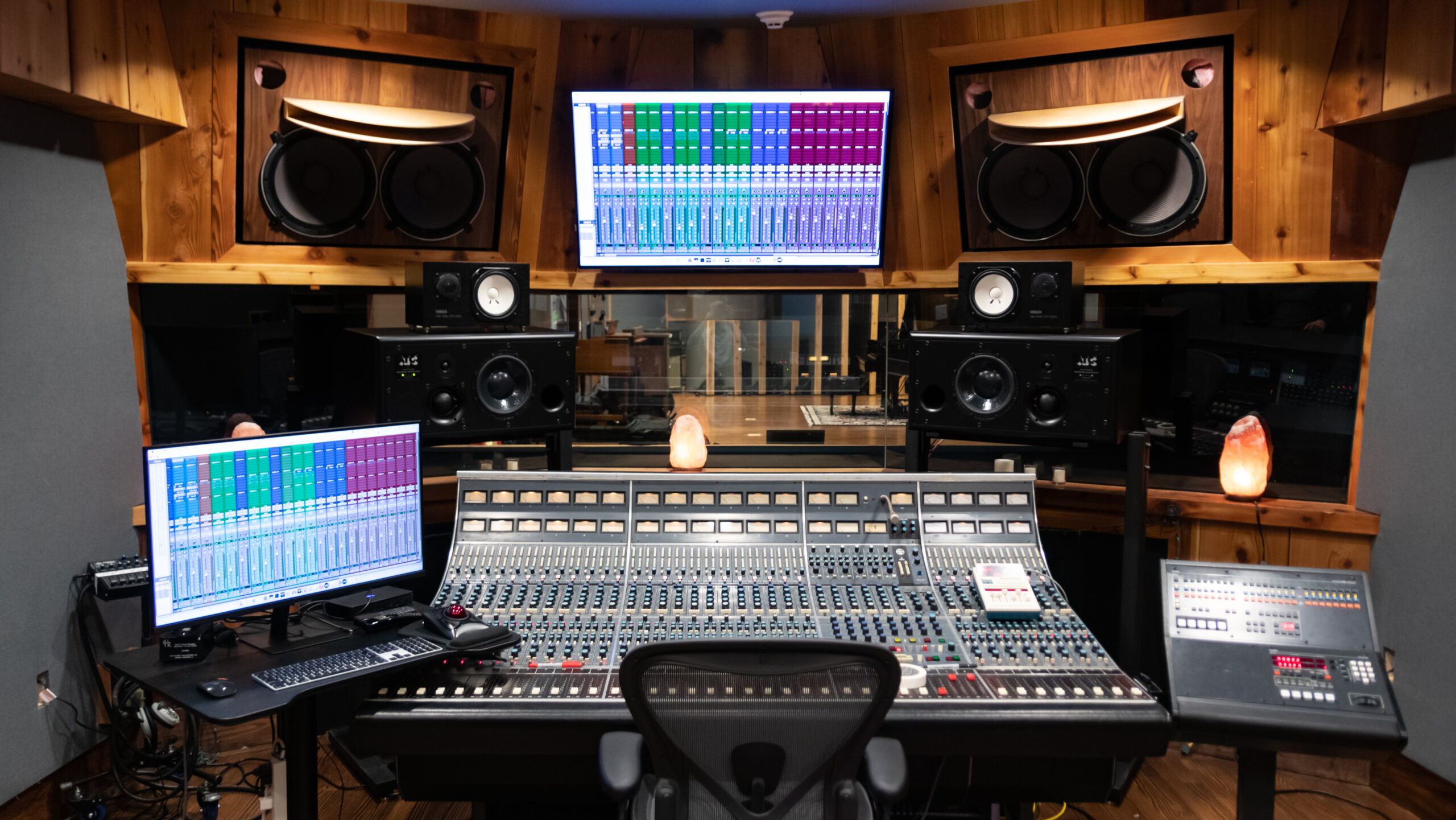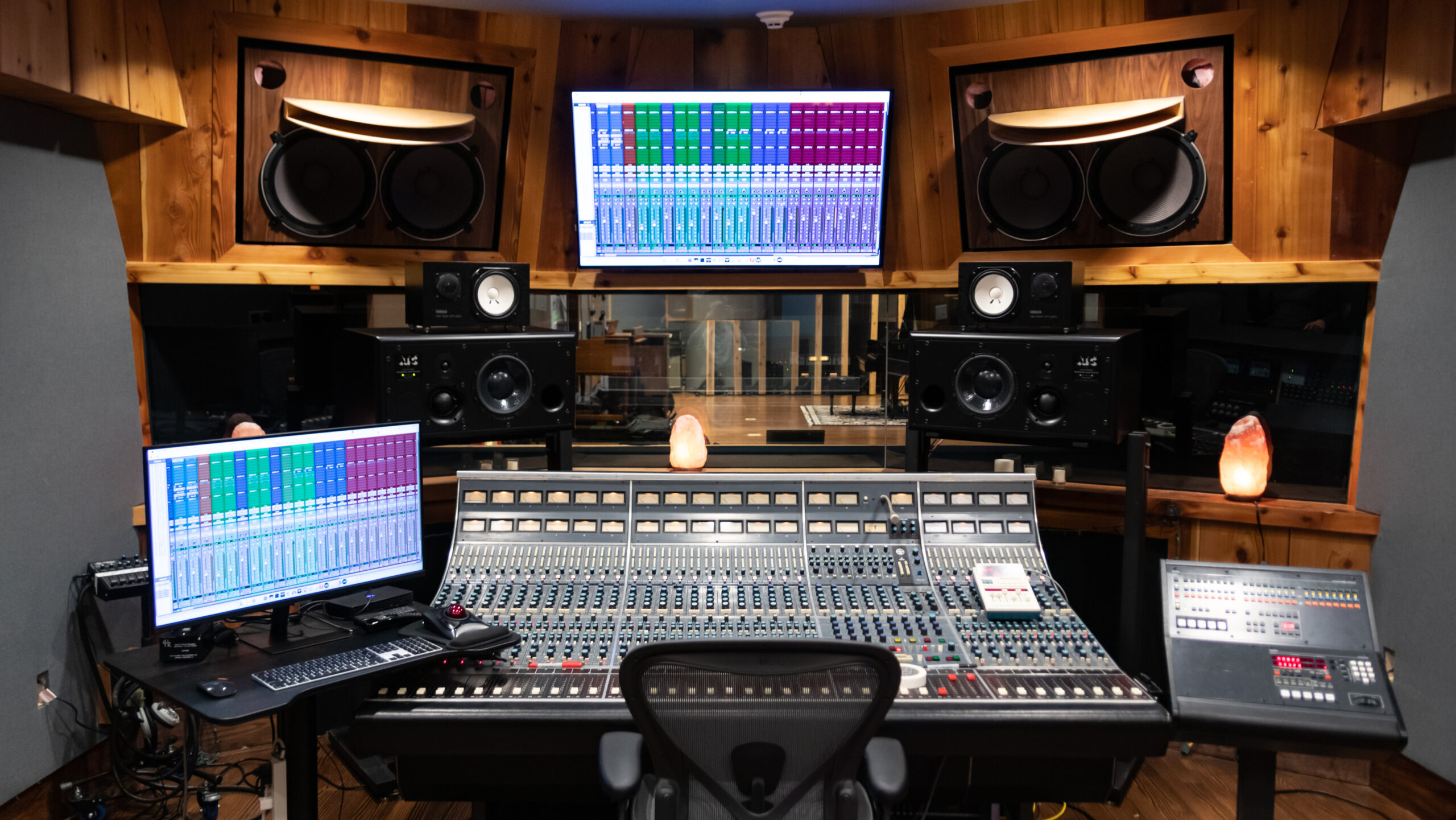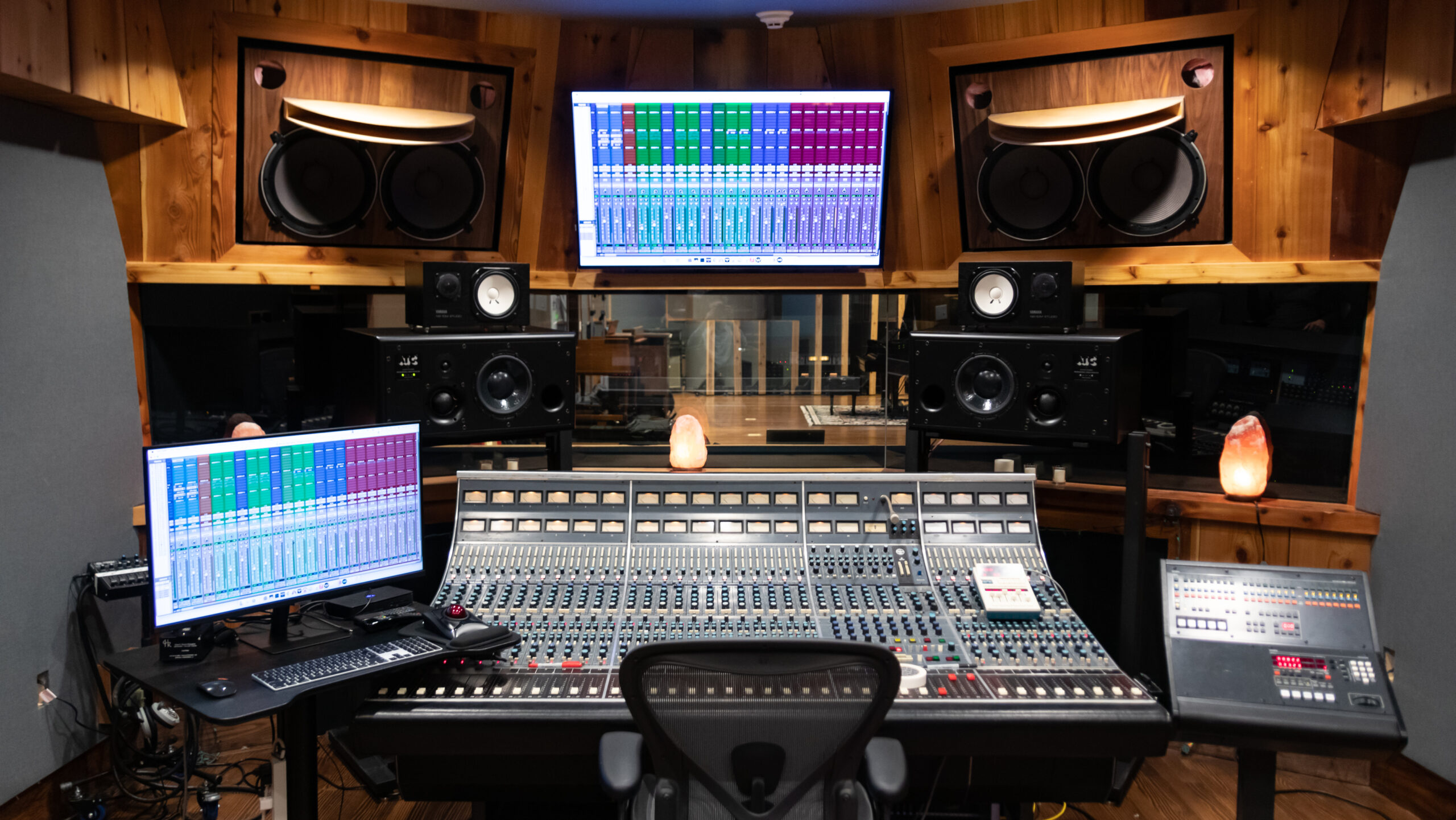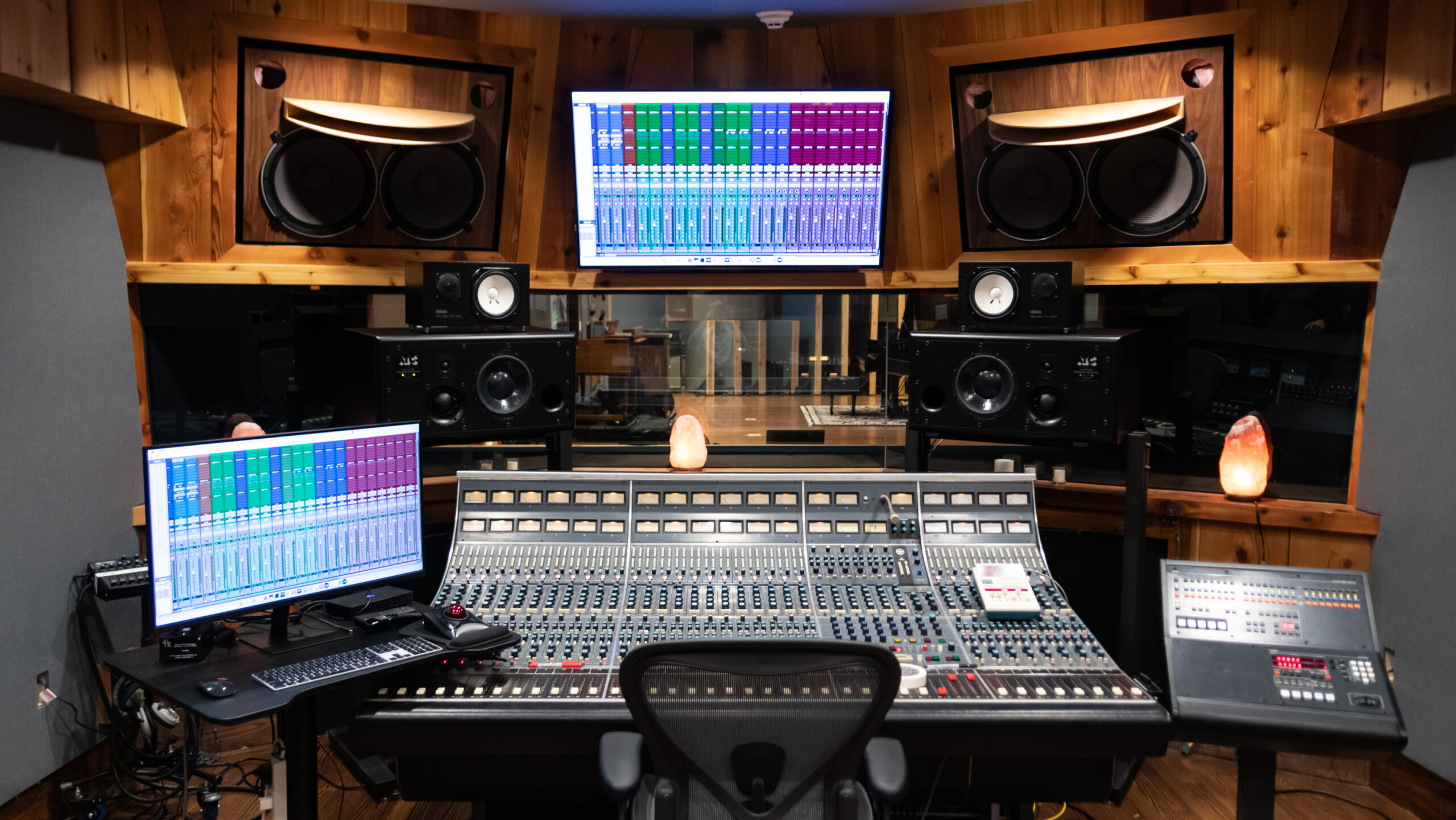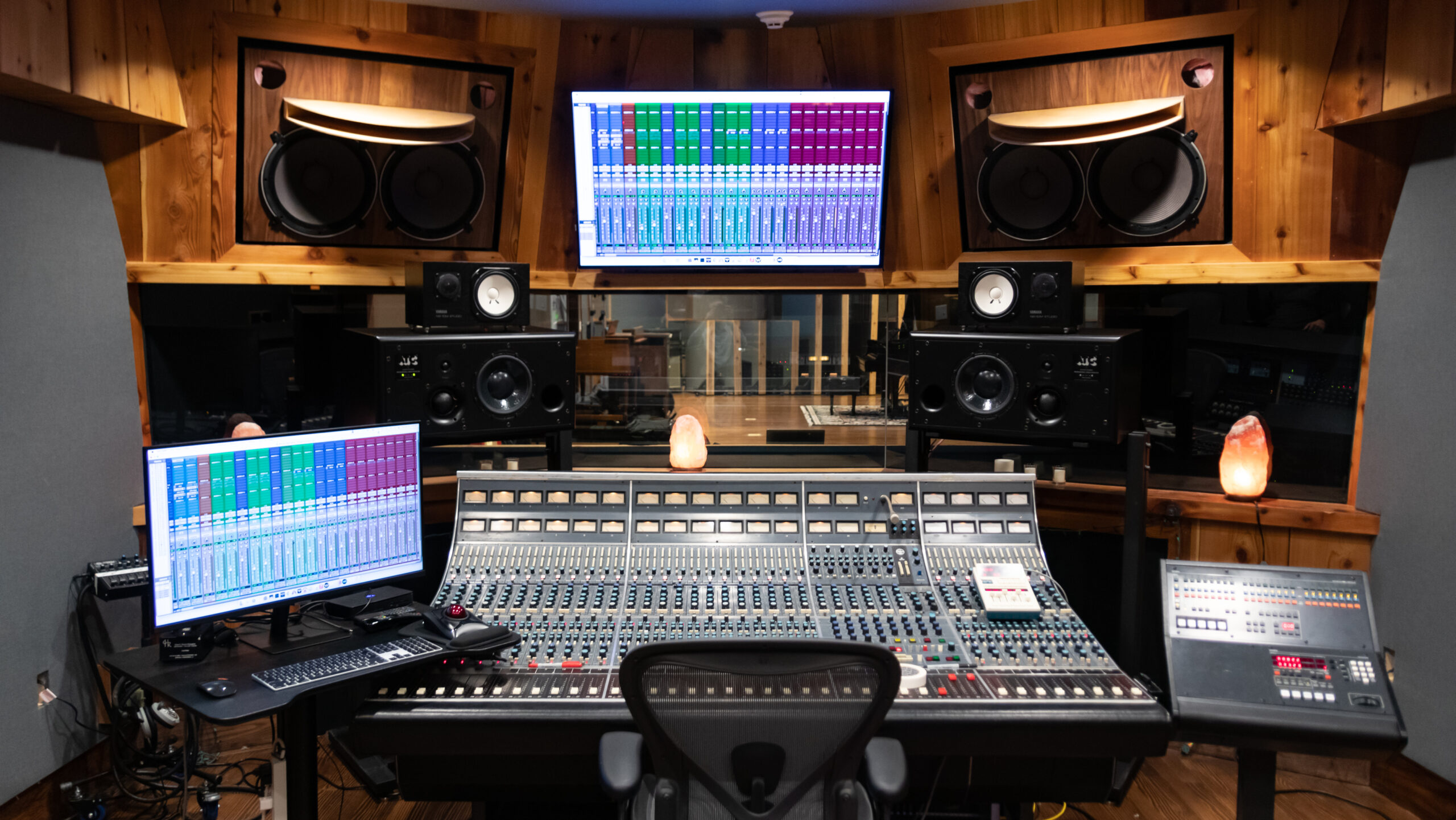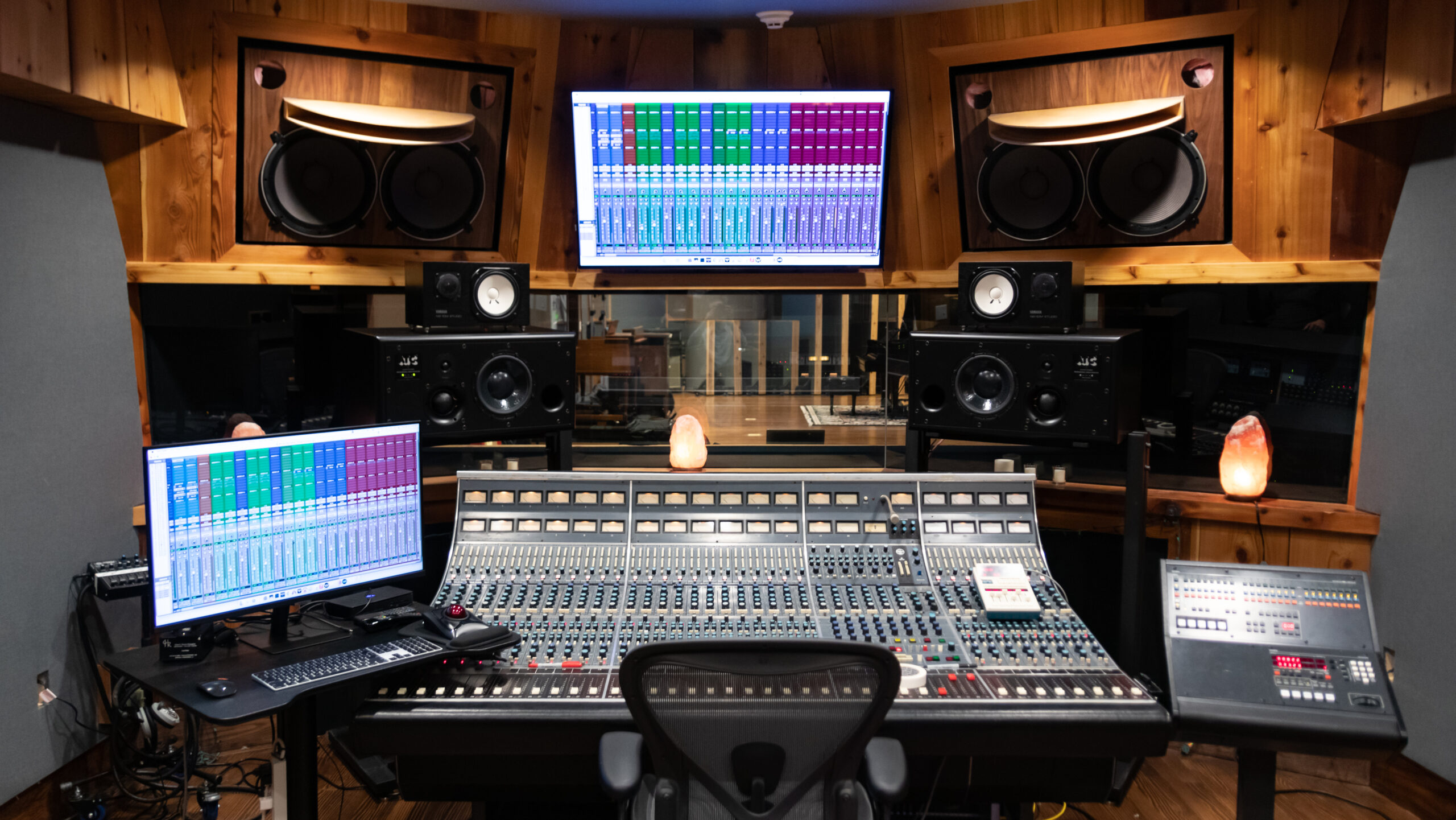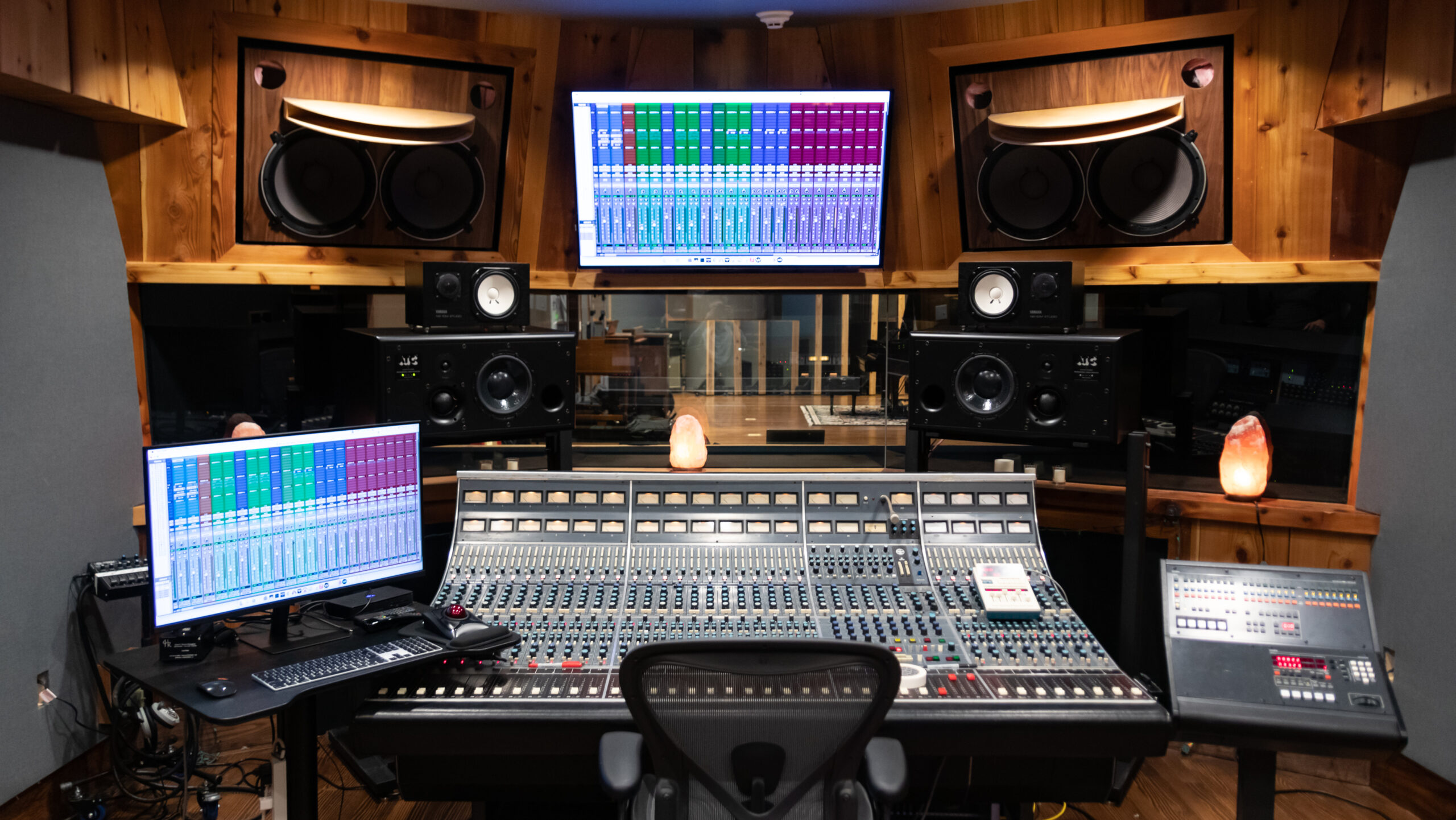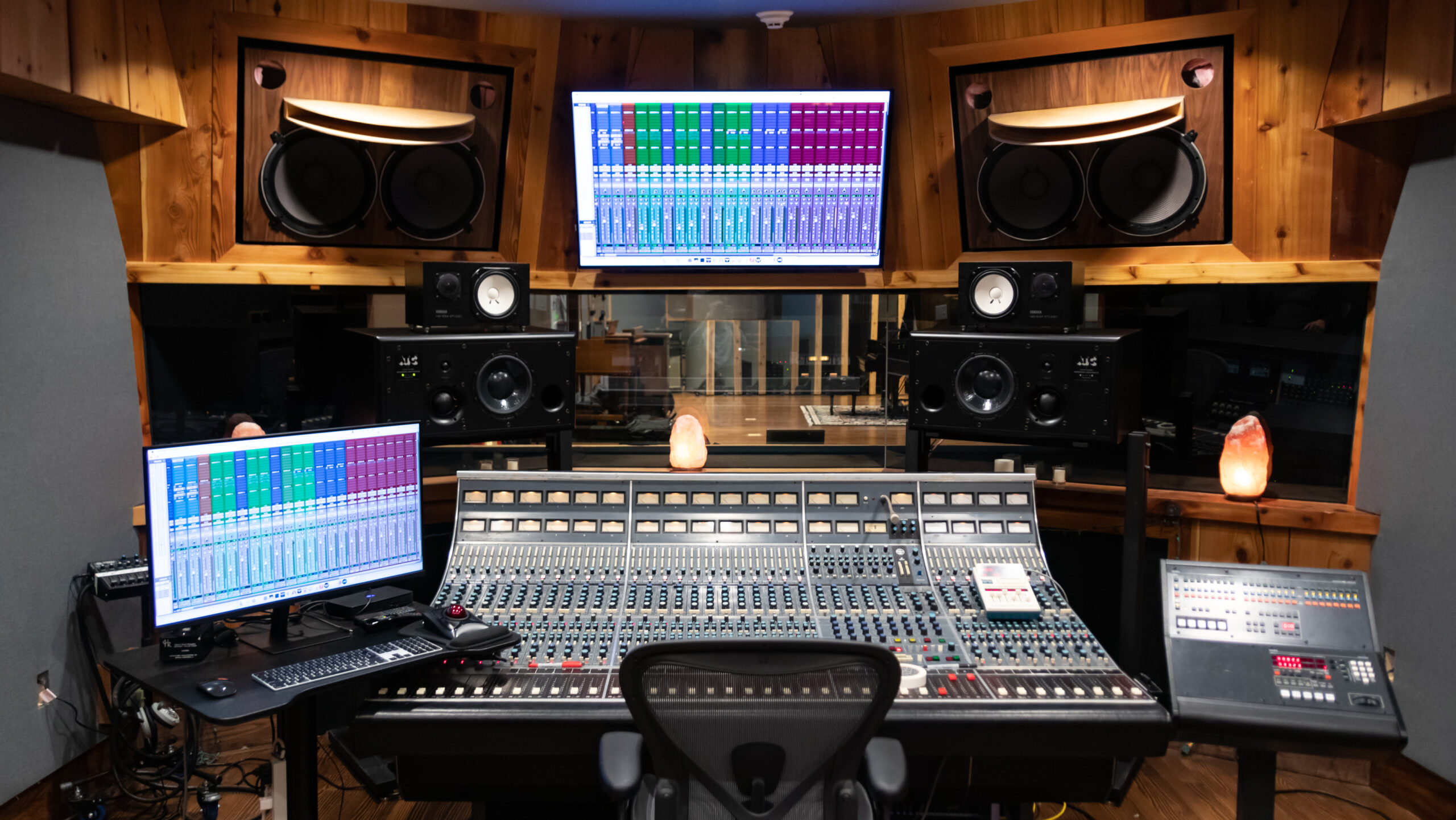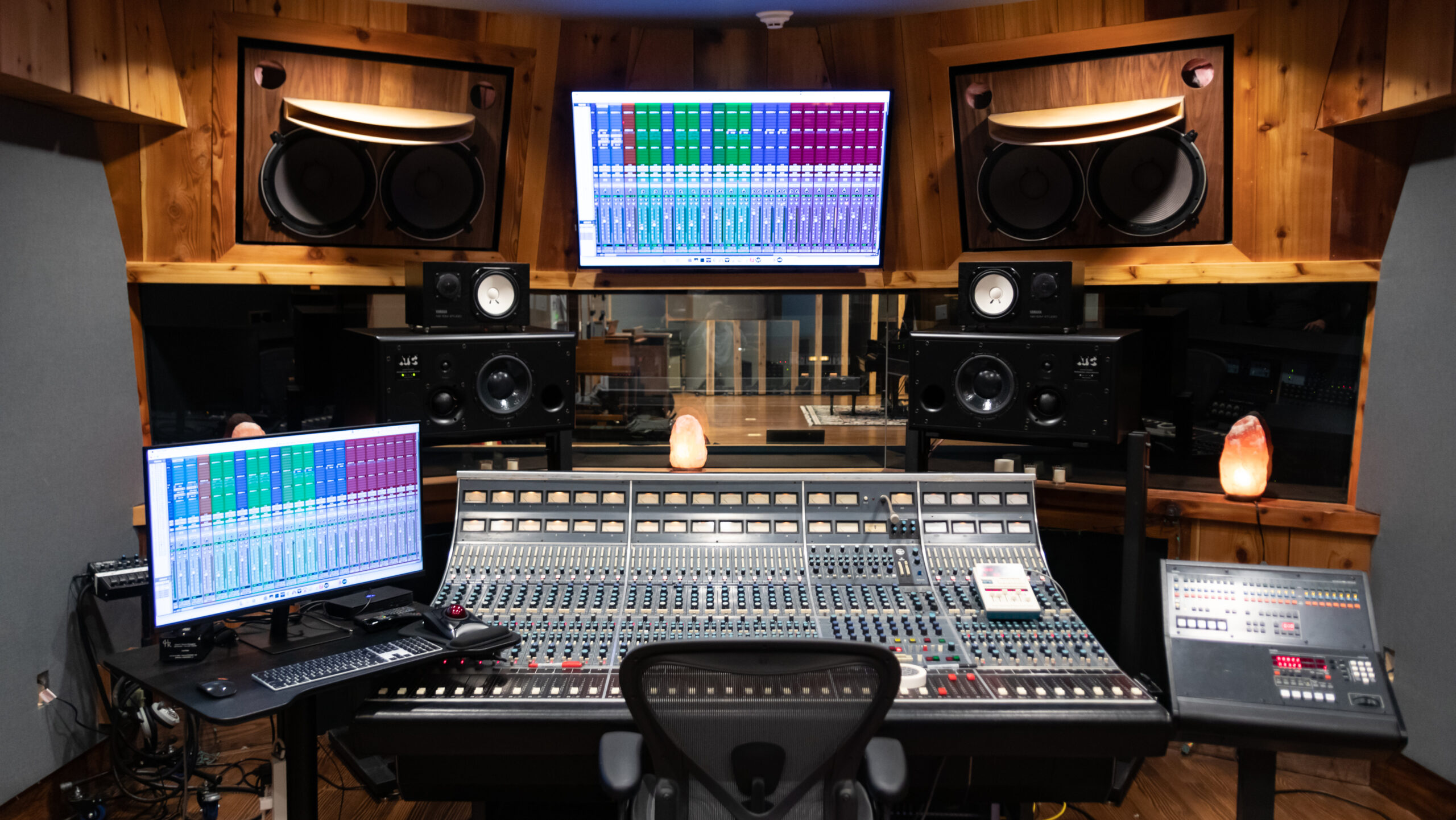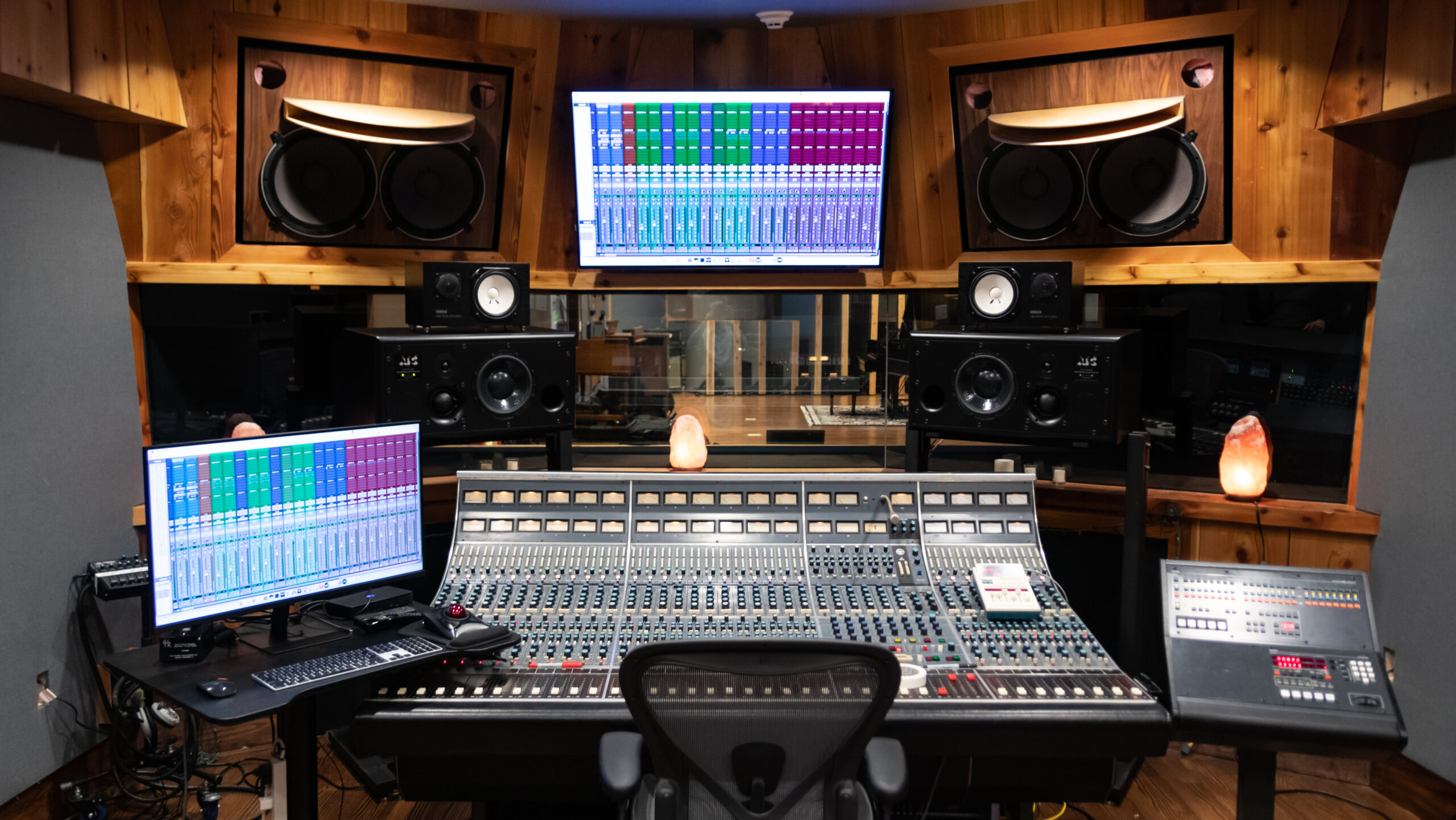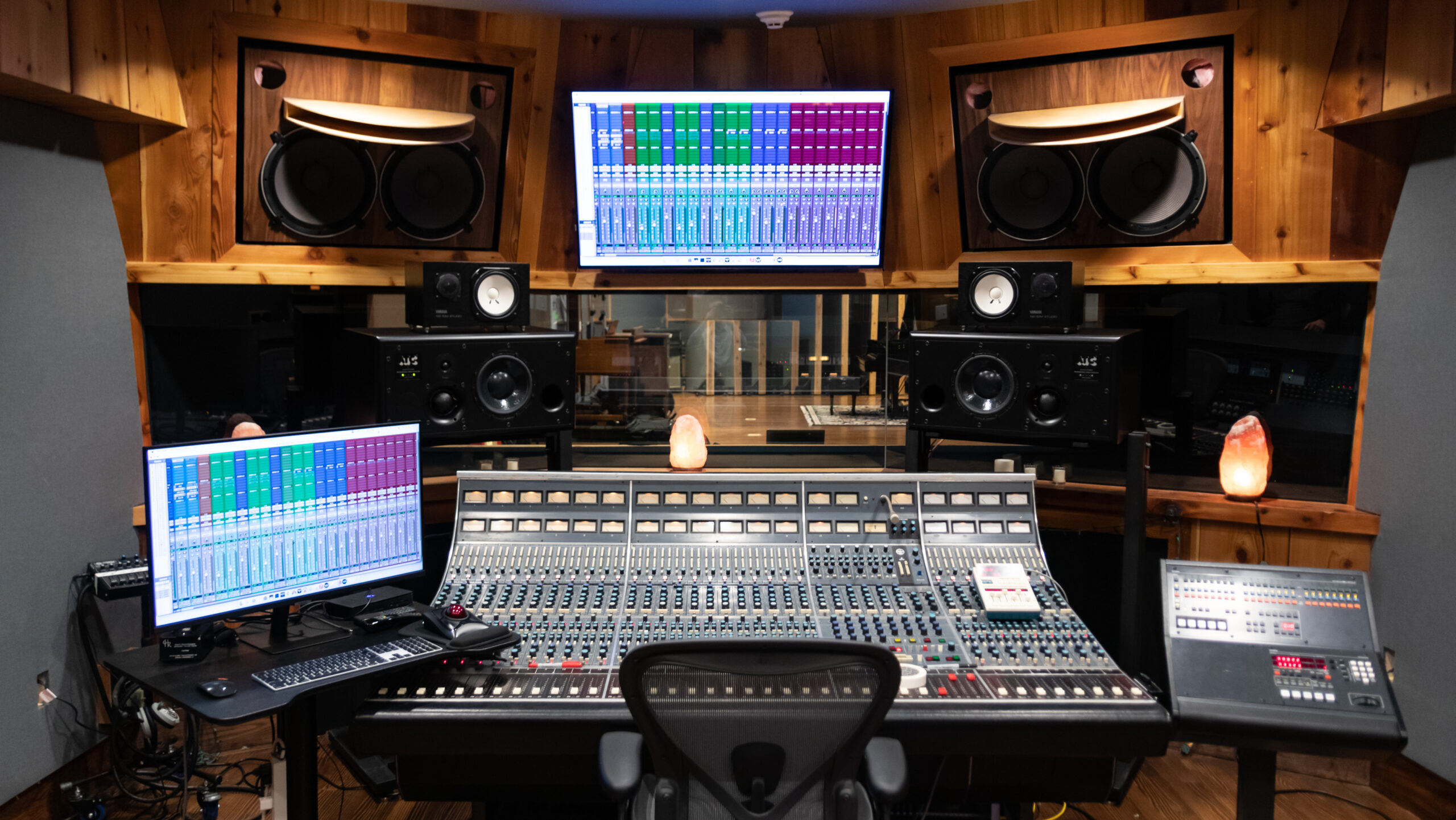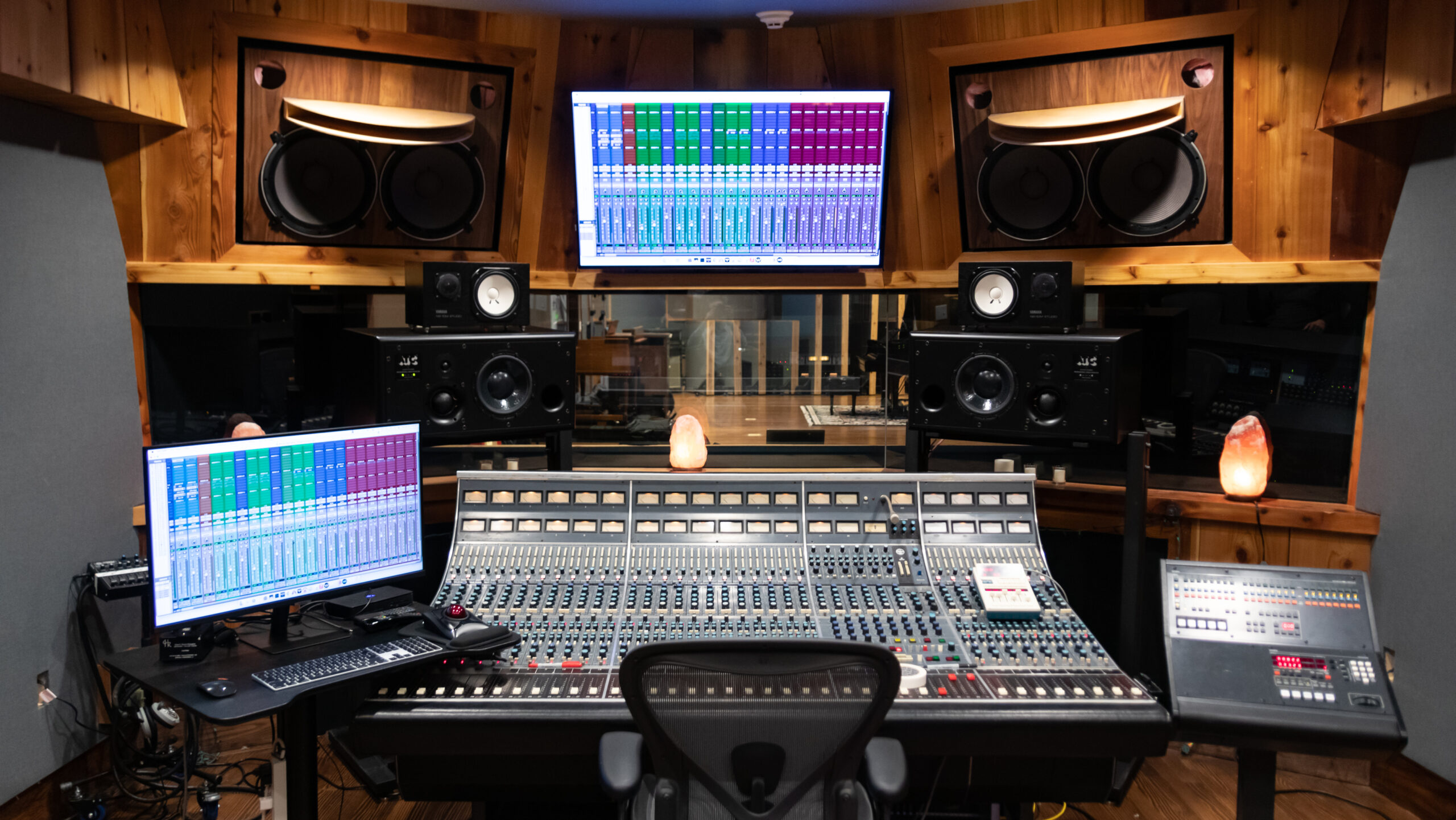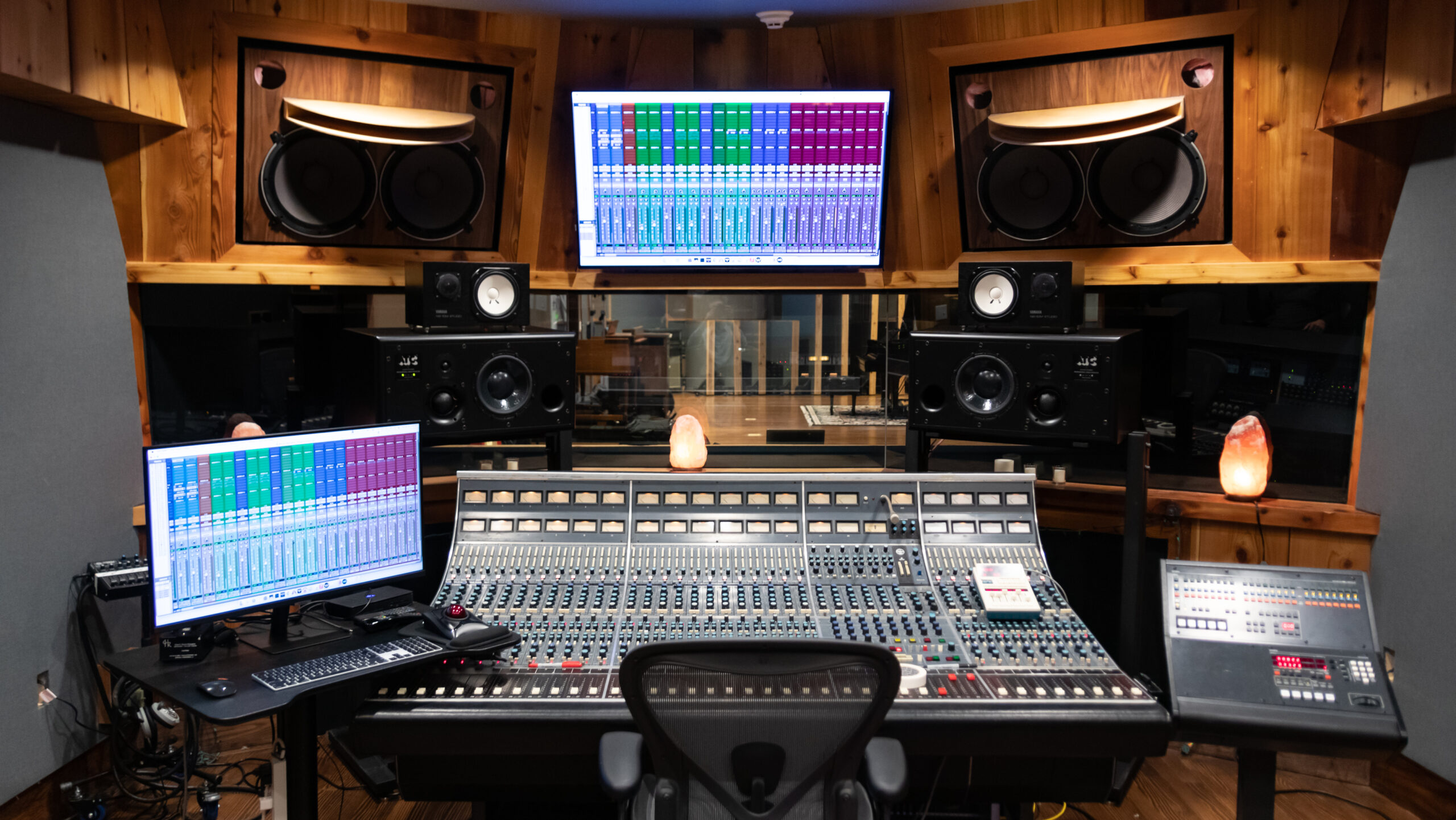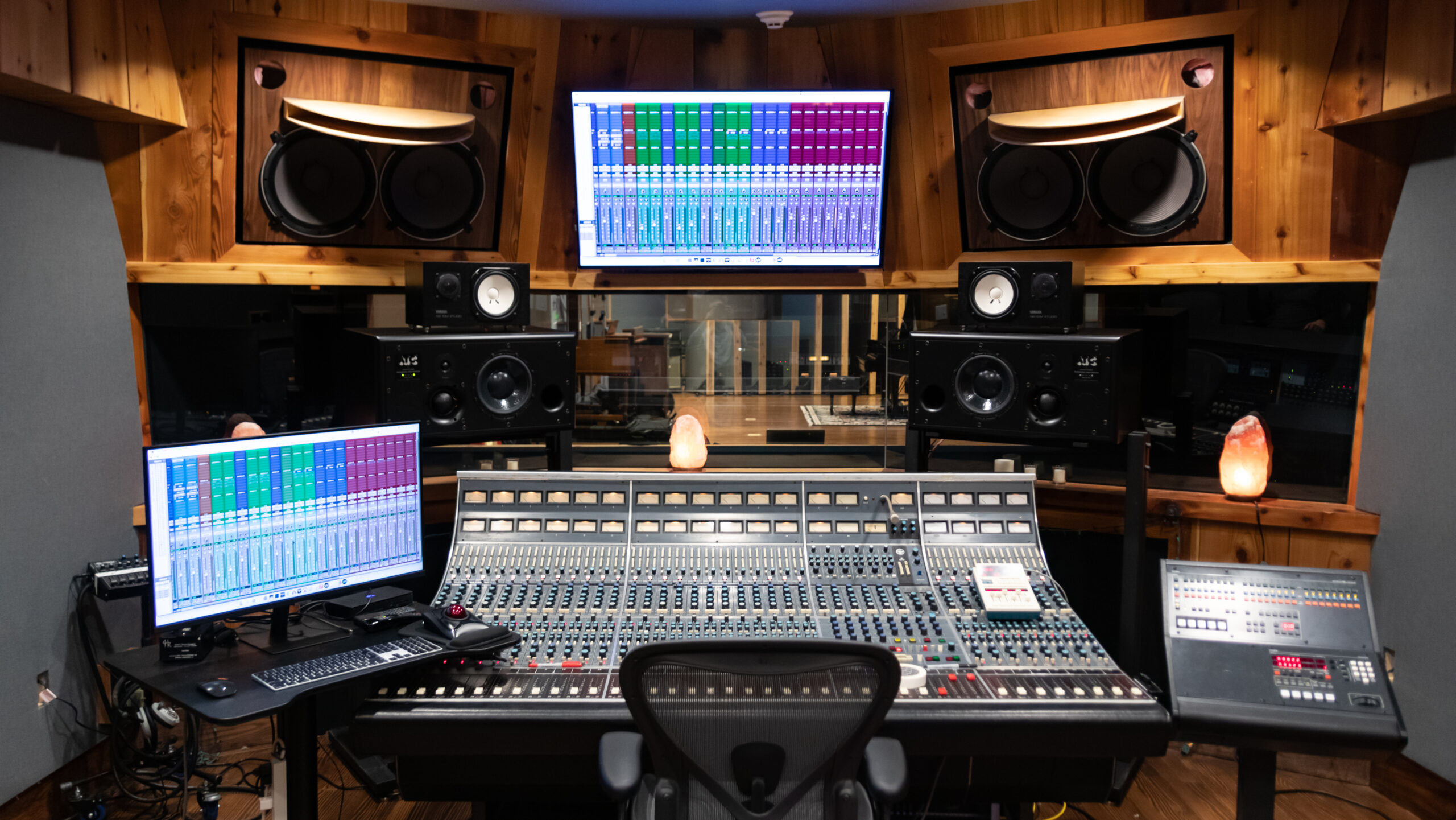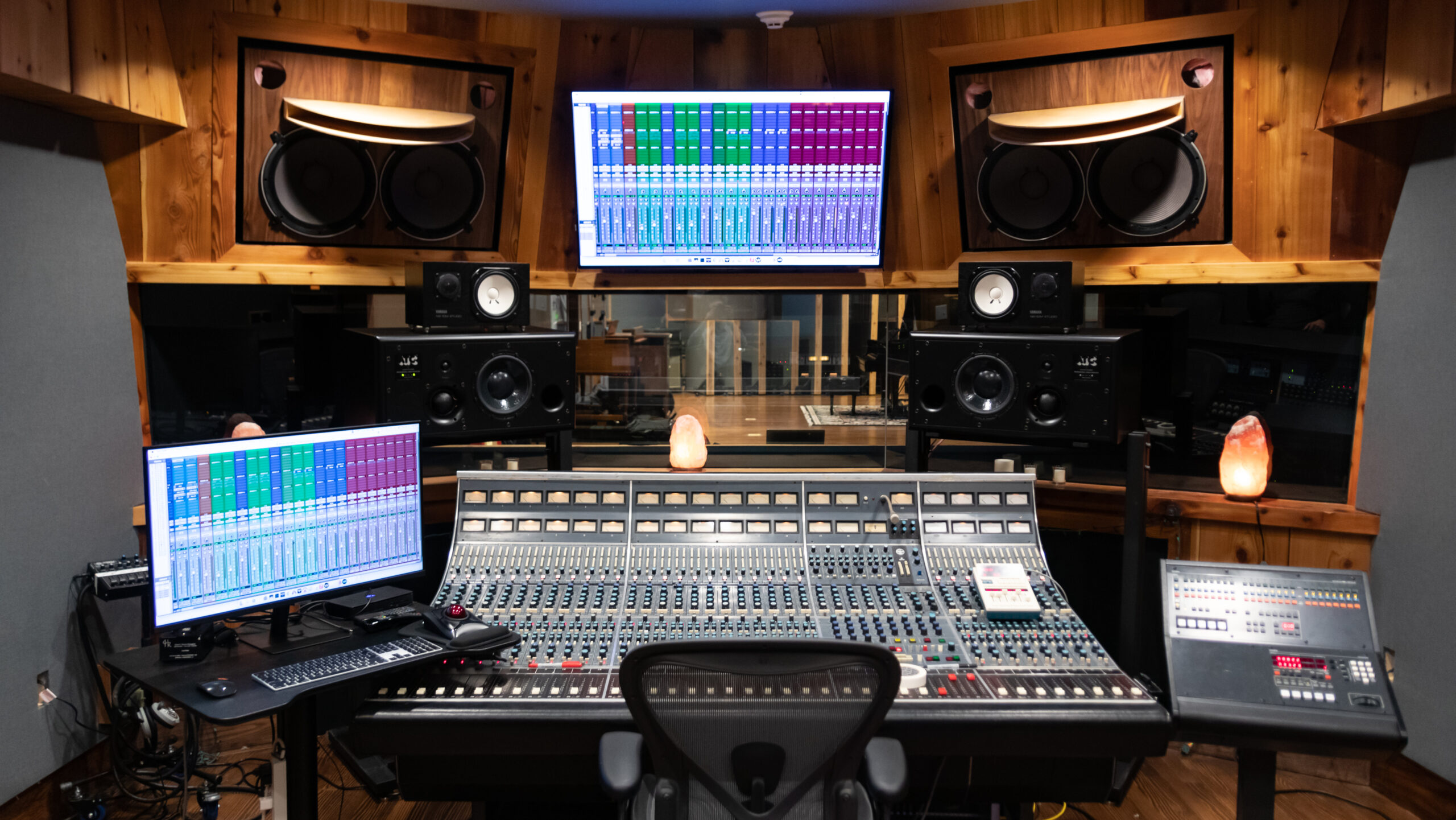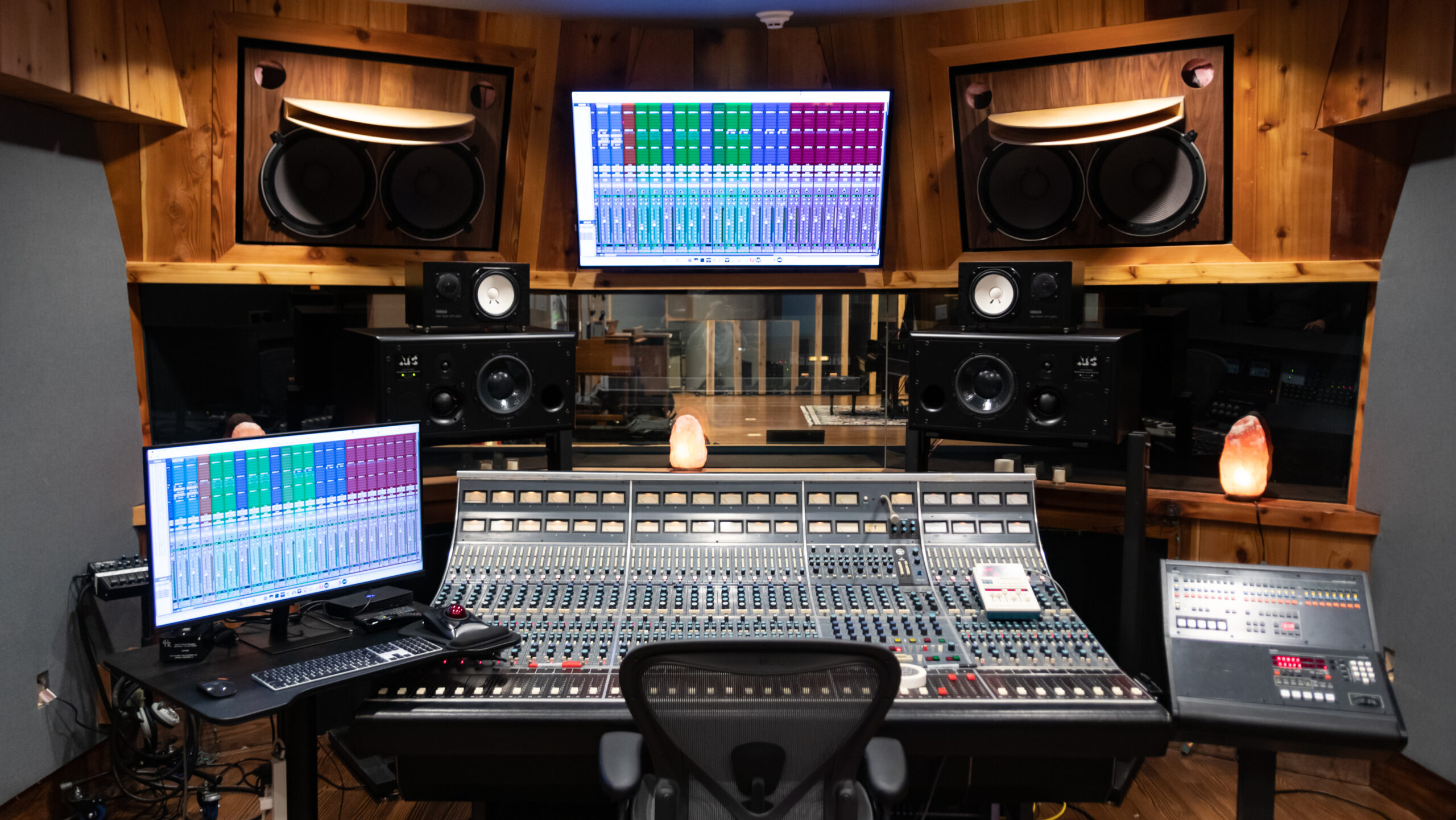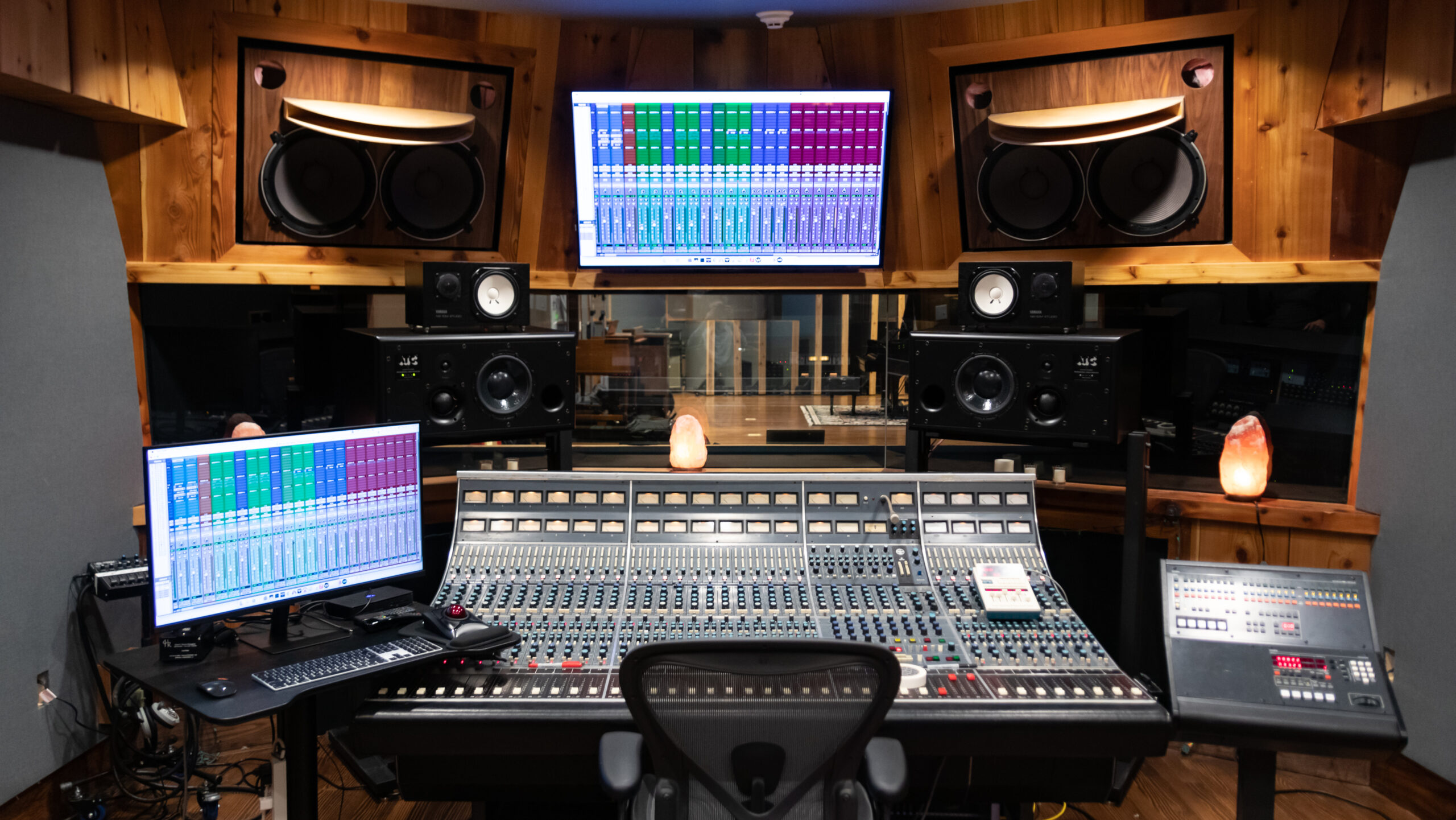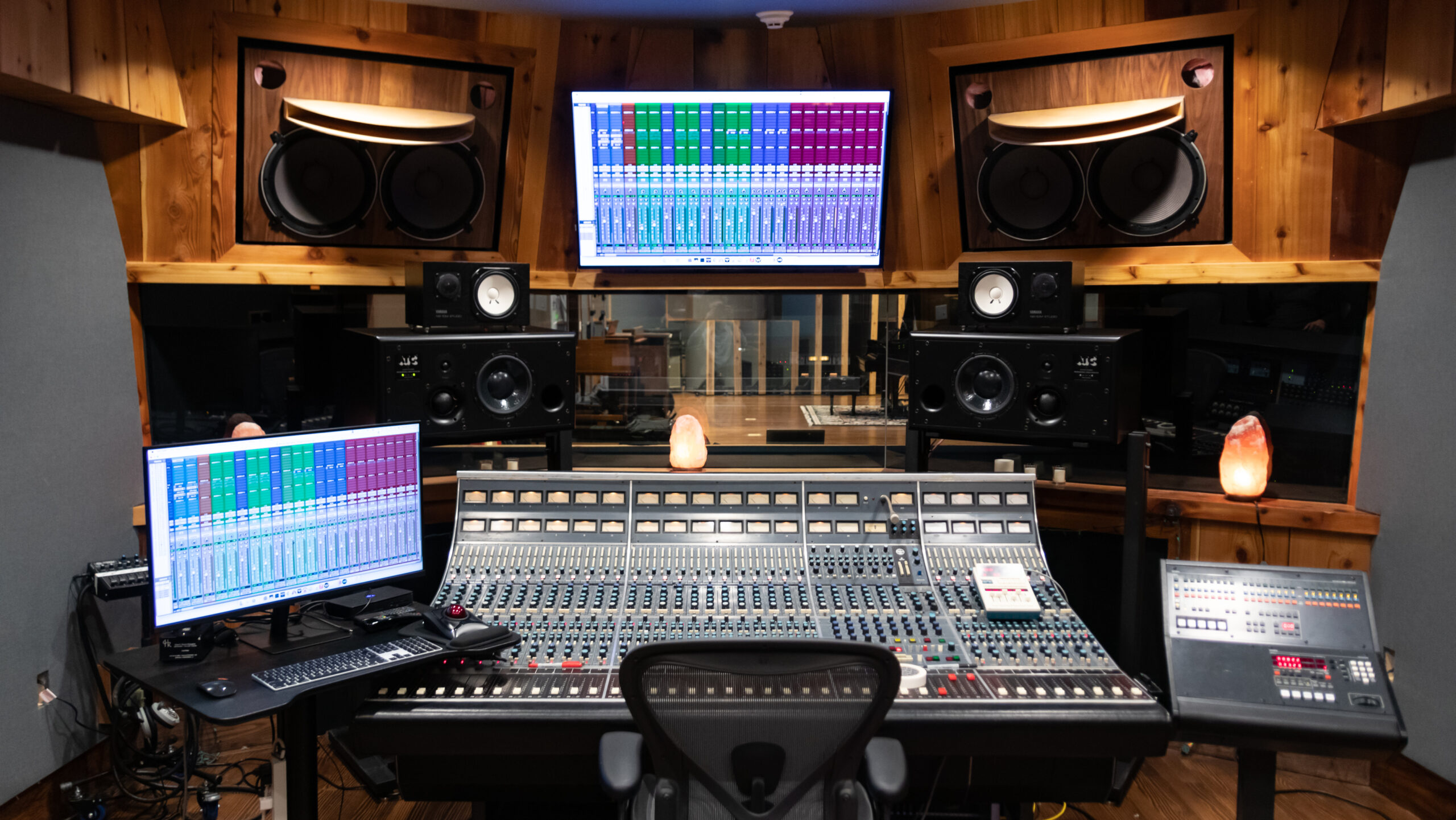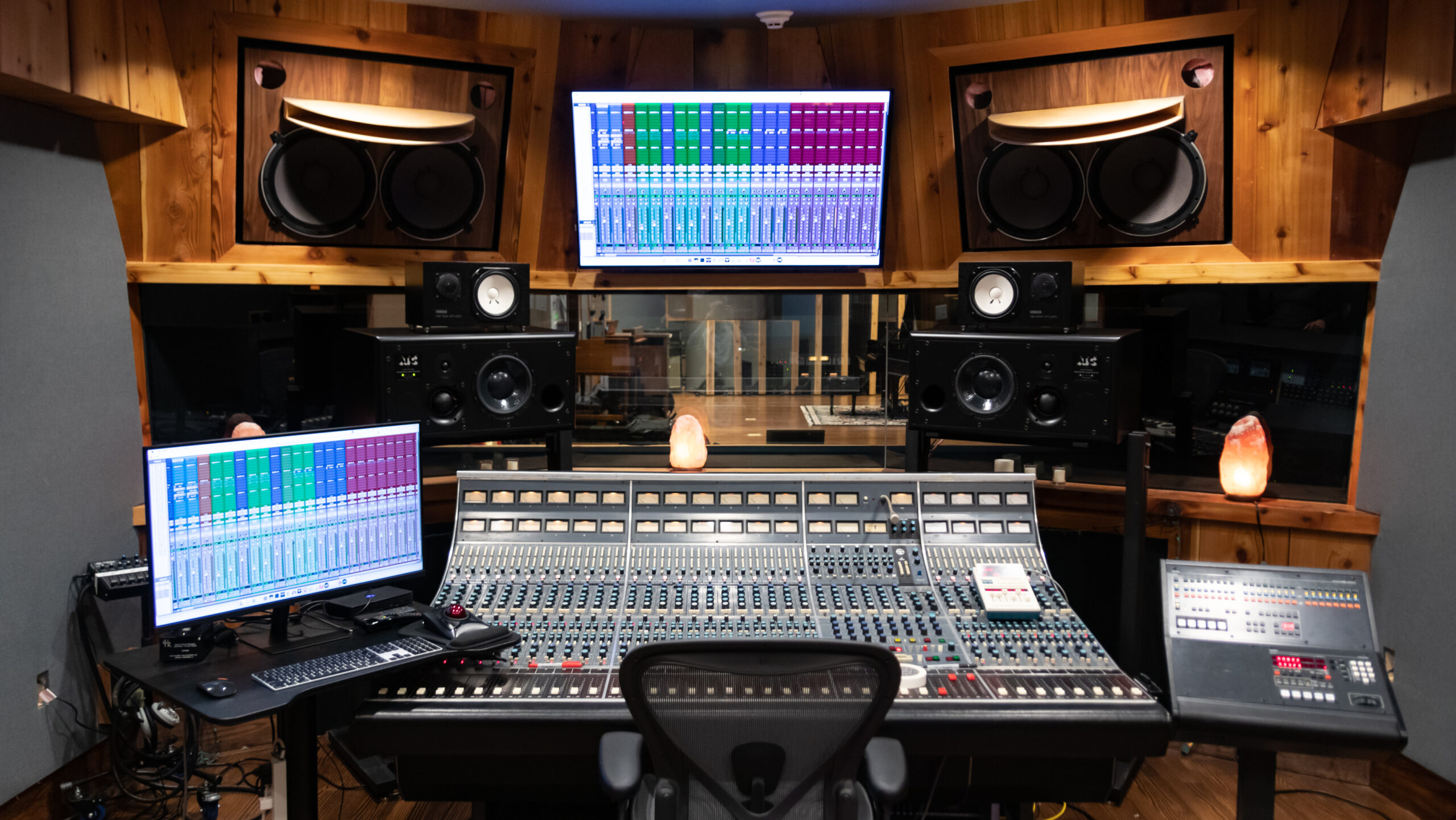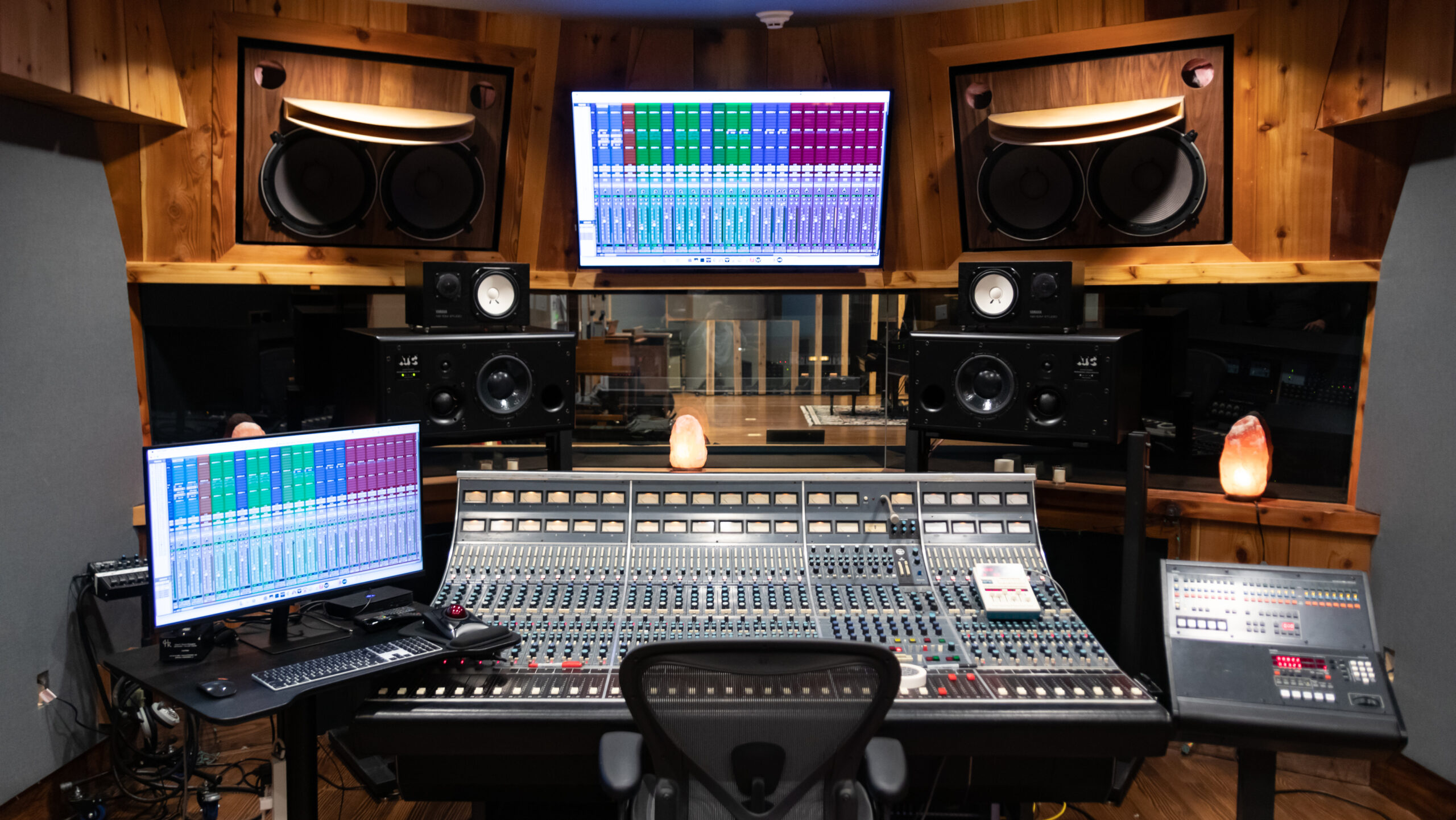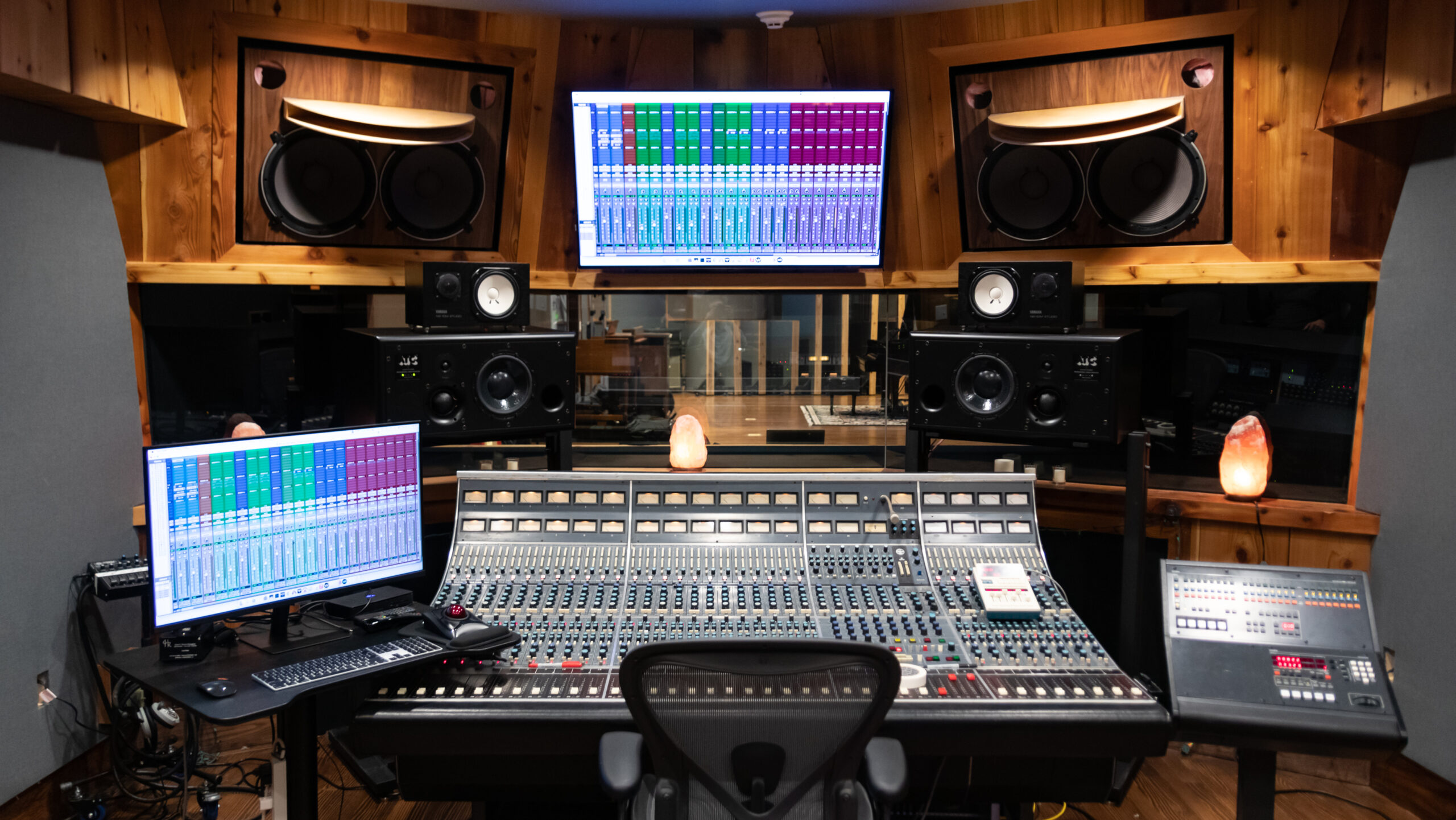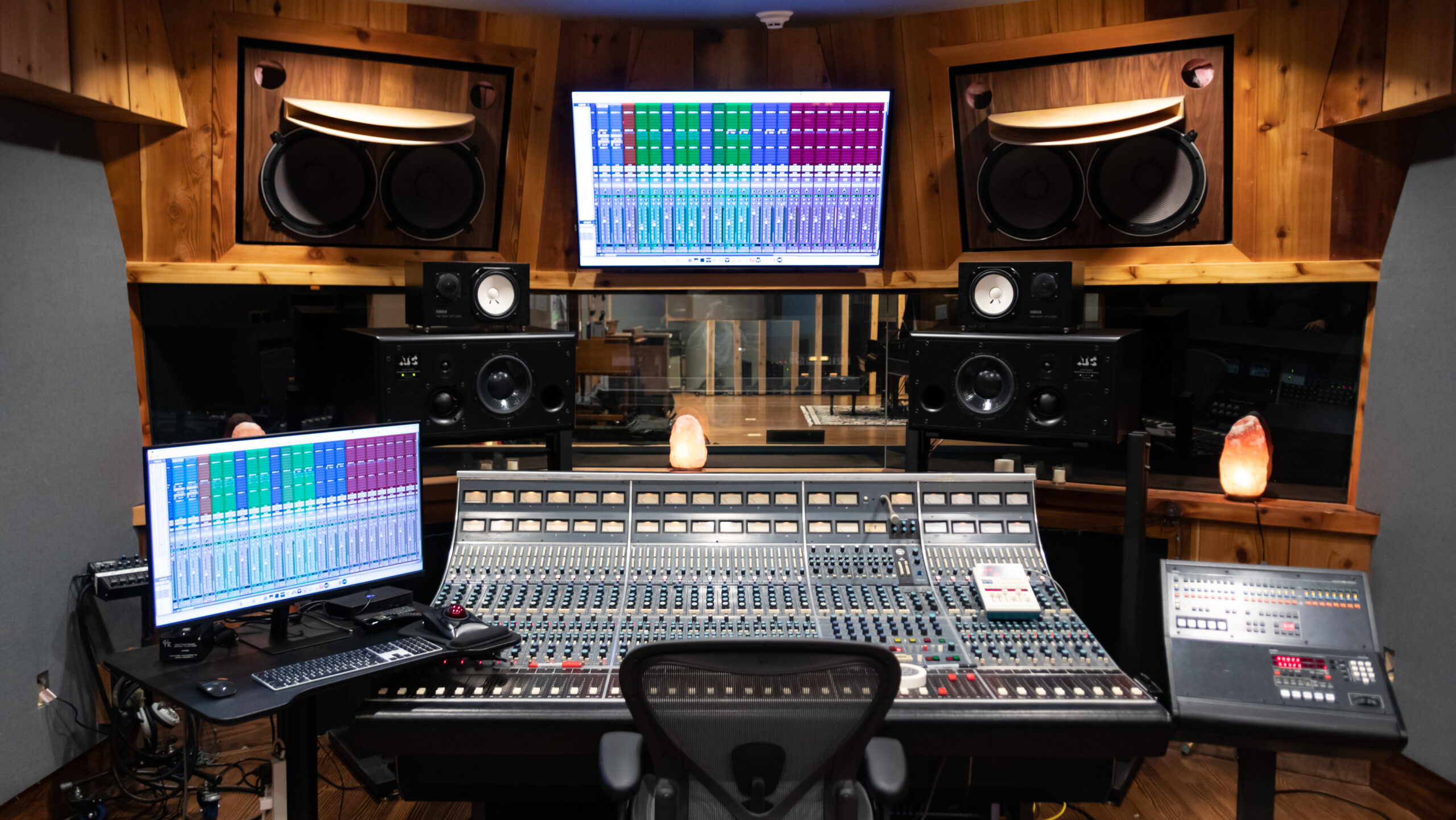The recording industry relies heavily on pristine…
Recording Studio Technology Insurance: Protecting Your Audio Equipment and Digital Assets
Recording studios represent significant investments in sophisticated technology, from high-end microphones and mixing consoles to digital audio workstations and acoustic treatment. With equipment values often reaching hundreds of thousands of pounds, comprehensive insurance protection becomes essential for studio owners, operators, and audio professionals.
Understanding Recording Studio Technology Risks
Modern recording studios face unique technological risks that standard business insurance may not adequately cover. Professional audio equipment is highly specialized, expensive to replace, and often custom-configured for specific studio environments. Digital assets, including master recordings, samples, and client projects, represent irreplaceable intellectual property that could devastate a business if lost.
Equipment theft remains a primary concern, particularly for portable gear like microphones, preamps, and laptop-based recording systems. Fire damage poses another significant threat, as studios often contain extensive electrical systems and acoustic materials that could fuel rapid fire spread. Water damage from burst pipes, roof leaks, or flooding can destroy sensitive electronic equipment within minutes.
Power surges and electrical faults present ongoing risks to delicate audio equipment. Lightning strikes, grid fluctuations, or faulty wiring can instantly damage expensive mixing consoles, audio interfaces, and computer systems. Even minor power irregularities can cause data corruption or equipment malfunction.
Essential Coverage Components
Professional equipment insurance forms the foundation of recording studio protection. This coverage should include replacement cost protection for all audio gear, from vintage tube microphones worth tens of thousands to modern digital workstations. Coverage should extend to both owned and rented equipment, including gear temporarily removed from the studio for location recording or repairs.
Business interruption insurance becomes crucial when equipment failure or damage forces studio closure. Lost rental income, cancelled sessions, and ongoing expenses like rent and staff salaries continue even when the studio cannot operate. This coverage helps maintain cash flow during repair or replacement periods.
Data recovery and cyber protection addresses the digital nature of modern recording. Master recordings, multitrack sessions, and client projects stored on hard drives or cloud systems need protection against corruption, deletion, or cyber attacks. Coverage should include professional data recovery services and potential liability for lost client work.
Transit insurance protects equipment during transportation to recording locations, live venues, or repair facilities. Mobile recording setups face additional risks during transport and setup at various locations.
Specialized Studio Equipment Considerations
Vintage and rare equipment requires special attention in insurance policies. Classic microphones, tube preamps, and analog mixing consoles may have market values far exceeding their original purchase price. Standard depreciation schedules don't reflect the appreciation of sought-after vintage gear.
Custom-built equipment and modifications present valuation challenges. Hand-wired preamps, modified mixing consoles, and custom speaker systems may have replacement costs that exceed their apparent market value. Detailed documentation and professional appraisals help establish appropriate coverage levels.
Acoustic treatment and studio construction represent significant investments often overlooked in equipment schedules. Professional acoustic panels, bass traps, and custom room construction can cost tens of thousands of pounds and should be included in property coverage.
Digital Asset Protection
Master recordings and client projects represent irreplaceable assets that could result in significant liability if lost or damaged. Insurance should cover the costs of re-recording, remix work, and potential legal claims from artists or record labels.
Sample libraries and software licenses accumulate substantial value over time. Professional studios often maintain extensive collections of virtual instruments, plugins, and sample libraries that would be expensive to replace.
Client data protection becomes increasingly important as studios store more projects digitally. GDPR compliance and data breach notification requirements create additional liability exposures that specialized cyber insurance can address.
Risk Management Best Practices
Regular equipment inventories help maintain accurate insurance coverage and identify security vulnerabilities. Detailed records including serial numbers, purchase dates, and current market values ensure proper coverage levels and facilitate claims processing.
Security systems should include both theft prevention and environmental monitoring. Burglar alarms, CCTV systems, and access controls protect against unauthorized entry, while temperature and humidity monitoring help prevent environmental damage to sensitive equipment.
Backup procedures for digital assets should include both on-site and off-site storage options. Cloud backup services, external hard drives stored separately, and regular testing of backup integrity help ensure data recovery capabilities.
Power protection systems including uninterruptible power supplies and surge protectors help prevent electrical damage. Professional-grade power conditioning can protect sensitive audio equipment from voltage fluctuations and electrical noise.
Claims Considerations and Documentation
Equipment documentation should include photographs, serial numbers, purchase receipts, and professional appraisals for high-value items. Regular updates to equipment schedules ensure coverage keeps pace with studio expansion and equipment upgrades.
Maintenance records demonstrate proper care and can support claims for equipment that fails due to covered perils. Professional servicing, calibration records, and repair histories show responsible ownership.
Emergency response procedures should include immediate notification of insurers, documentation of damage, and steps to prevent further loss. Quick action can minimize business interruption and improve claims outcomes.
Choosing Appropriate Coverage Levels
Coverage limits should reflect current replacement costs rather than depreciated values. Professional audio equipment often maintains value better than standard business equipment, and some vintage items appreciate over time.
Deductible selection balances premium costs against out-of-pocket expenses. Higher deductibles reduce premiums but increase costs for smaller claims that studios might handle more frequently.
Additional living expenses coverage helps when studios must relocate temporarily during repairs. Alternative studio rental, equipment rental, and additional transportation costs can quickly accumulate during extended repair periods.
Industry-Specific Considerations
Commercial recording studios face different risks than home studios or project studios. Higher equipment values, client liability exposures, and business interruption impacts require more comprehensive coverage.
Mobile recording operations need specialized coverage for equipment in transit and temporary setups at various locations. Public liability coverage becomes important when working in client facilities or public venues.
Mastering facilities often handle irreplaceable master recordings from multiple clients, creating significant liability exposures that require specialized coverage approaches.
Conclusion
Recording studio technology insurance requires careful consideration of the unique risks facing audio professionals. From expensive equipment protection to digital asset coverage, comprehensive insurance helps studios focus on creativity while protecting their technological investments. Working with insurers who understand the recording industry ensures coverage that truly meets the specialized needs of modern recording facilities.
Regular policy reviews, accurate equipment documentation, and proactive risk management help maximize protection while controlling costs. As recording technology continues to evolve, insurance coverage should adapt to address new risks and opportunities in the audio production industry.
Get Your Recording Studio Insurance Quote Today
Protect your studio investment with specialized insurance coverage designed for audio professionals. Contact Insure24 for expert advice and competitive quotes.
Call: 0330 127 2333
Website: www.insure24.co.uk


 0330 127 2333
0330 127 2333
